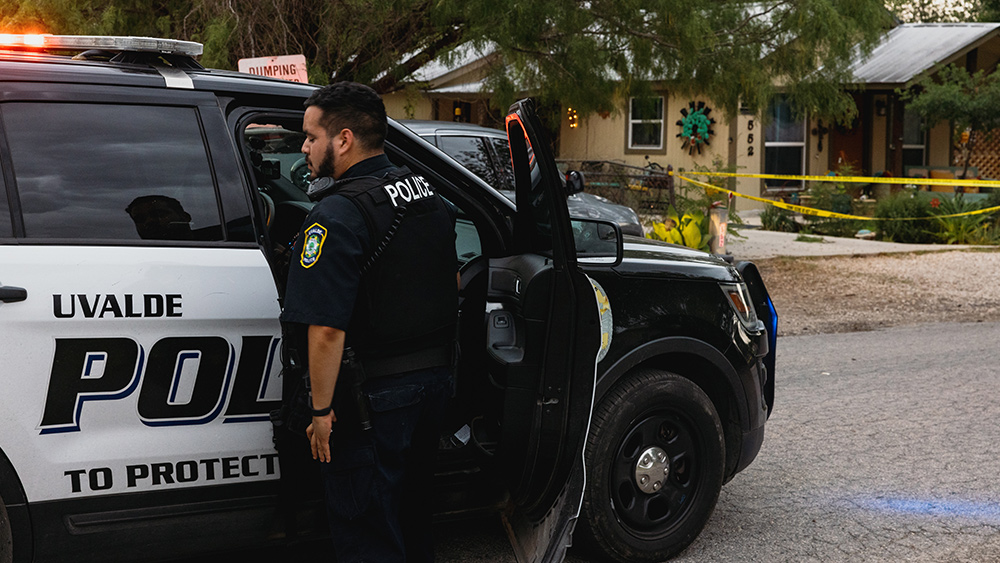- Nassau County lawmakers aim to criminalize standing within 15 feet of police or first responders during emergencies, with penalties of up to a $1,000 fine and one year in jail, claiming it prevents interference with emergency operations.
- Backed by both Republican and Democratic legislators, the bill frames the measure as necessary to protect first responders from threats and distractions, emphasizing public safety over political divisions.
- Opponents, including the NYCLU, argue the law violates free speech and transparency, enabling police to suppress public scrutiny and dissent, similar to «free speech zone» restrictions.
- Similar laws in Louisiana, Arizona and Indiana were struck down by federal courts for being unconstitutionally vague and restricting oversight of law enforcement, raising doubts about Nassau’s proposal.
- Legal experts warn such measures undermine accountability by discouraging documentation of police actions, a key check on power, while proponents insist they prioritize officer safety.
Lawmakers in Nassau County are advancing a contentious bill that would criminalize standing within 15 feet of police officers or other first responders during emergencies, prompting fierce debate over constitutionality and civil liberties.
Under the proposed measure, individuals entering the designated «buffer zone» around emergency personnel could face misdemeanor charges, a $1,000 fine and up to a year in jail. The bill, introduced by the Republican-majority county Board of Legislators, claims to shield first responders from «threats, harassment and physical interference» while on duty.
«It is important that first responders are not obstructed during emergency situations and that our frontline heroes are allowed to engage in the lifesaving actions they are trained to perform without distractions,» said Republican legislator John Ferretti.
New York state law already penalizes interference with emergency personnel with up to a year in jail, three years of probation or a $1,000 fine, but the new proposal clarifies enforcement and strengthens protections. (Related: Calls grow to deport migrants who attacked two police officers in New York City.)
«Our cops and first responders shouldn’t have to fight crowds while they’re saving lives,» Democrat legislator Seth Koslow, who is running for county executive, said. «This bill gives them the authority to keep chaos out and do their jobs without interference. It’s backed by both parties – because protecting those who protect us shouldn’t be political.»
However, critics warn that the measure could infringe constitutional rights.
«Floating buffer zones offer yet another way for police to keep their activities hidden from public scrutiny,» New York Civil Liberties Union senior policy counsel Justin Harrison said. «Laws that make it harder to monitor the police don’t make anybody safer – in reality, they violate the Constitution, run counter to government transparency principles and foster distrust in law enforcement.»
Federal judges have struck down similar laws in other states
Other states also passed similar measures, but were later struck down by courts.
For instance, a federal judge in Louisiana overturned a law that required individuals to stay at least 25 feet away from police officers while they perform their duties. The judge ruled that the law, enacted to enhance officer safety, was unconstitutionally vague and risked violating free speech rights by potentially restricting public oversight of law enforcement.
Gov. Jeff Landry signed the controversial measure into law in May 2024 amid rising national concerns about safety risks for police officers. The statute prohibited people from knowingly approaching within 25 feet of an officer engaged in official duties after receiving a verbal warning to prevent interference and protect officers from potential threats.
However, the judge found the language of the law too ambiguous, creating a risk of arbitrary enforcement. The ruling warned that the statute could be used to intimidate journalists, activists and bystanders from documenting police conduct, a vital check on law enforcement accountability.
Similar laws also existed in Arizona and Indiana, but have also been blocked by federal judges.
Grace Sinclair, a staff attorney at the Reporters Committee for Freedom of the Press, applauded the ruling, emphasizing that it was not only important for Louisiana but for the nation as a whole. «This case is not just about Louisiana. We’ve seen similar laws cropping up across the United States, and we’re relieved that courts are taking the time to closely examine these measures that threaten free speech and public oversight,» said Sinclair.
Head over to PoliceState.news for more news similar to this.
Watch this video to learn how policemen are doing their assignments.
This video is from the Gang Stalking Australia channel on Brighteon.com.
More related stories:
New York rapidly turning into a miserable, enslaved vaccine police state.
Breakdown: New York EMTs forced to wait for hours with dead bodies before police arrive.
Sources include:
